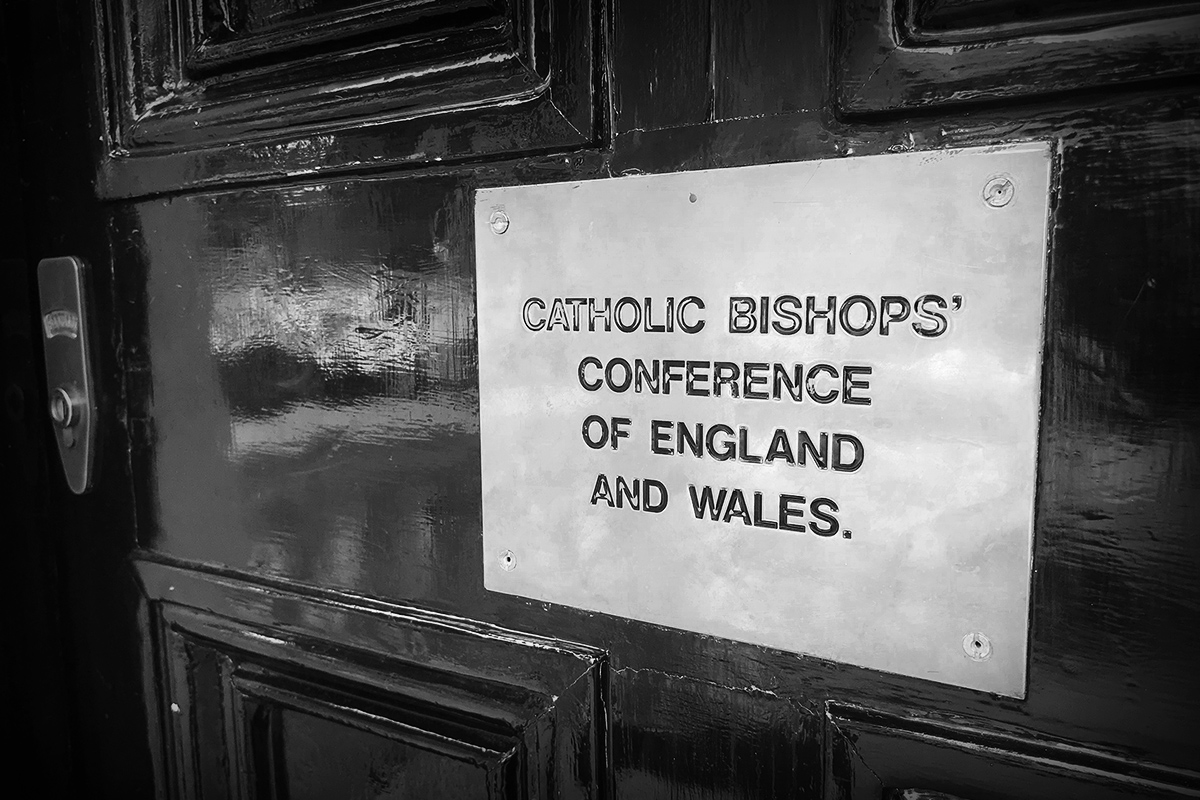
‘A Practical Guide to the Spiritual Care of the Dying Person’ was launched at the Faith in Health conference in Liverpool on 25 June. It aims to assist front-line healthcare staff in identifying spiritual need in their patients, and to feel confident in their ability to provide it. Commissioned by the Bishops’ Conference Healthcare Reference Group, the guide was written by Dr Catherine Gleeson, Dr David Jones, Fr Paul Mason and Rev Dr James Hanvey SJ. A draft of the guide was the subject of a public consultation earlier in the year.
Baroness Finlay of Llandaff, Professor of Palliative Medicine at Cardiff University and Consultant at the Velindre Hospital in Cardiff, said: “This guide to spiritual care is so valuable because it enables us all to recognize psychosocial and spiritual distress in the dying. It is applicable to dying people of any faith or none; as the authors observe, ‘we share a common humanity if not always a common faith’. This guide should be read by all who are involved with dying people. Dying is a part of life that will come to us all sooner or later. We must try to see it through the eyes of those who are there now.”
At the conference Archbishop Vincent Nichols highlighted the spiritual care needs of older people, and said about the new guide, “In this difficult area our guide recognises the simple truth that there is such a thing as spiritual need, and that spiritual pain is not just a manifestation of a medical symptom. The difficulty at such a moment of uncertainty is how to find the words to connect with people for whom the language of faith is alien. We hope this document will be of practical help to staff in the National Health Service who are caring for those who are dying.”
One of the authors, Dr David Jones, said, “It’s a document with some practical help, some ethical guidelines and an invitation to think more deeply. We hope it will be useful to a wide variety of people. It was written specifically so that many people could get something out of it who come from a wide variety of backgrounds, not only from Christian backgrounds.”
Published by the CTS, its launch tied in with the theme of the conference ‘Faith in Health: Beginnings and endings – caring for the whole person’. 150 delegates attended the conference in Liverpool for health and social care professionals, of all faiths or none. They explored issues of transition and change for the care giver and the care receiver, with particular reference to the quality of care and meeting spiritual needs. Faith in Health was the second residential conference organised by the Healthcare Reference Group, which is part of the Department for Christian Responsibility and Citizenship of the Catholic Bishops’ Conference of England and Wales. The conference was put on jointly sponsored with the Conference of Religious and The Catholic Medical Association.
Faith in Health
The conference ‘Faith in Health: Beginnings and endings – caring for the whole person’ was for health and social care professionals, of all faiths or none. Faith in Health was the second residential conference organised by the Healthcare Reference Group, which is part of the Department for Christian Responsibility and Citizenship of the Catholic Bishops’ Conference of England and Wales. The conference was put on jointly sponsored with the Conference of Religious and The Catholic Medical Association. Delegates explored issues of transition and change for the care giver and the care receiver, with particular reference to the quality of care and meeting spiritual needs.